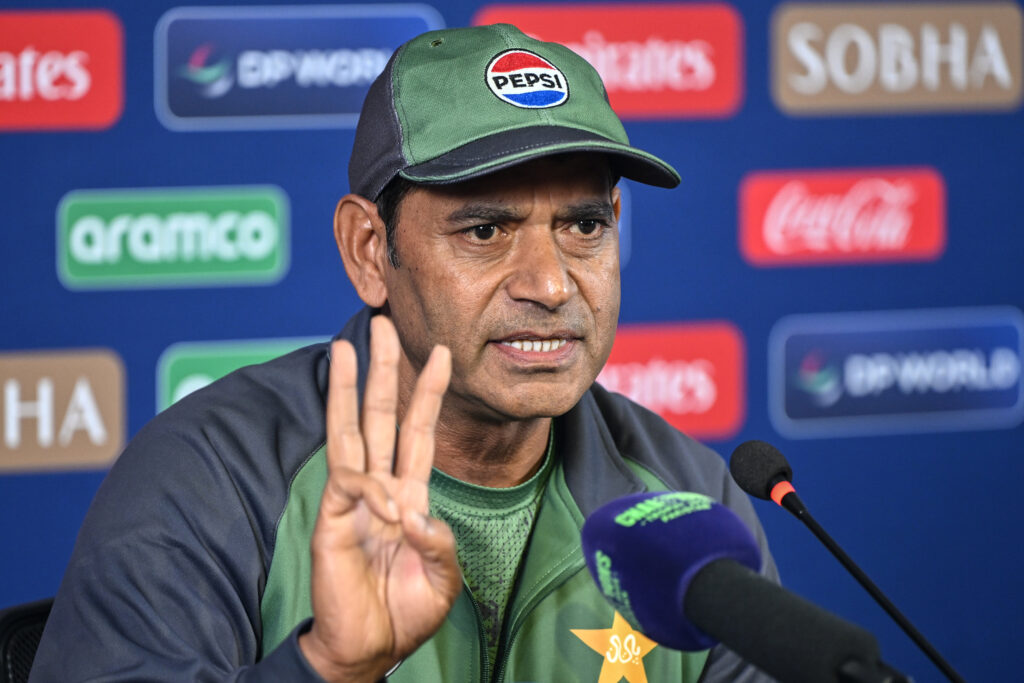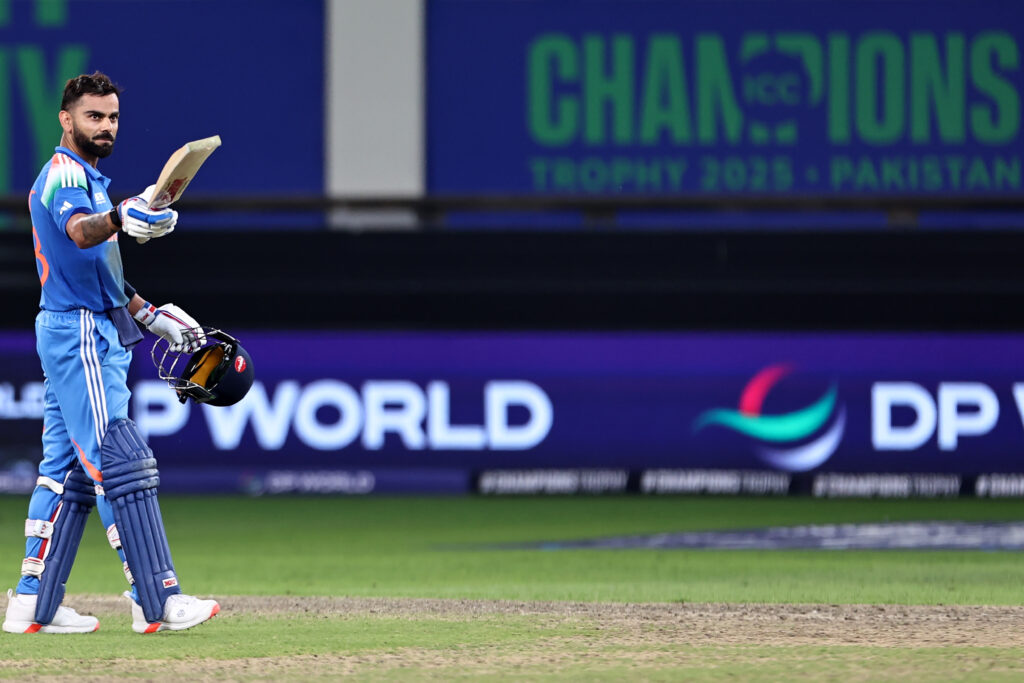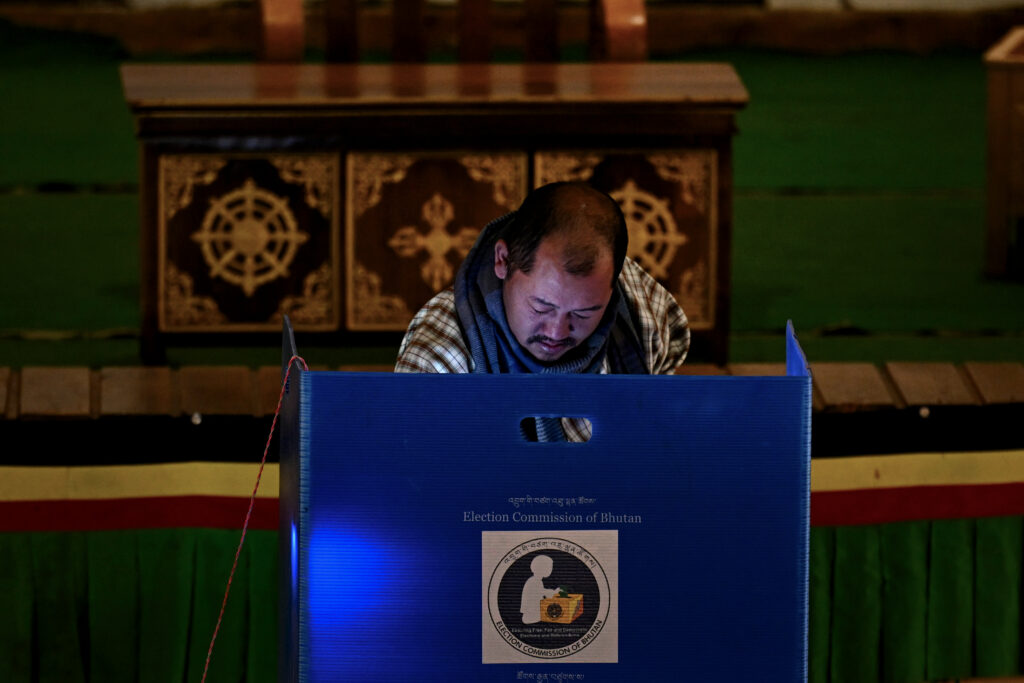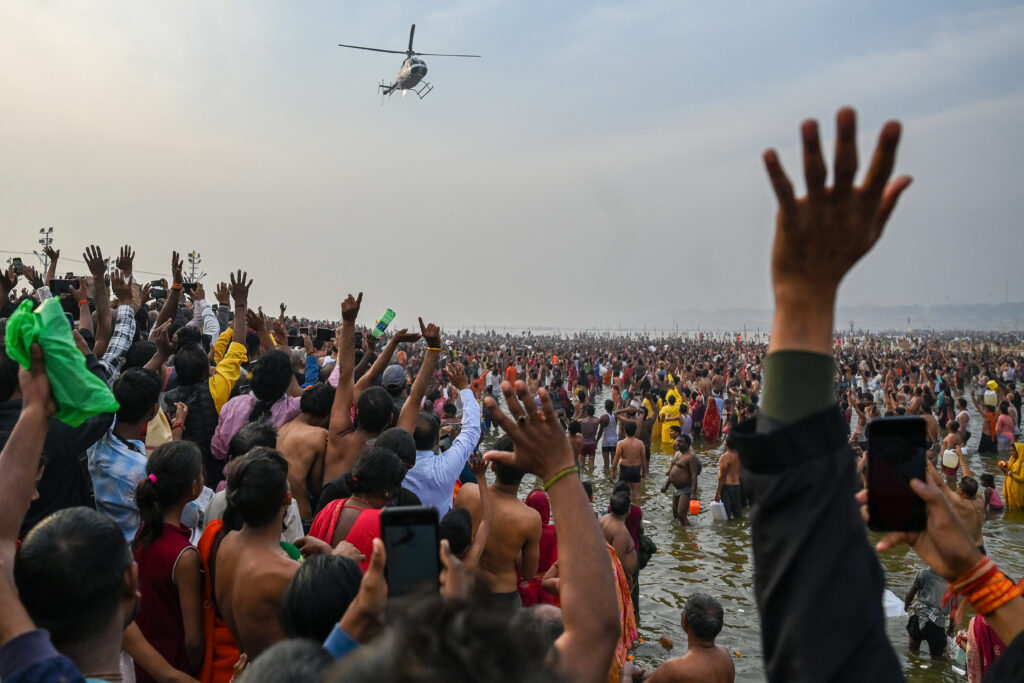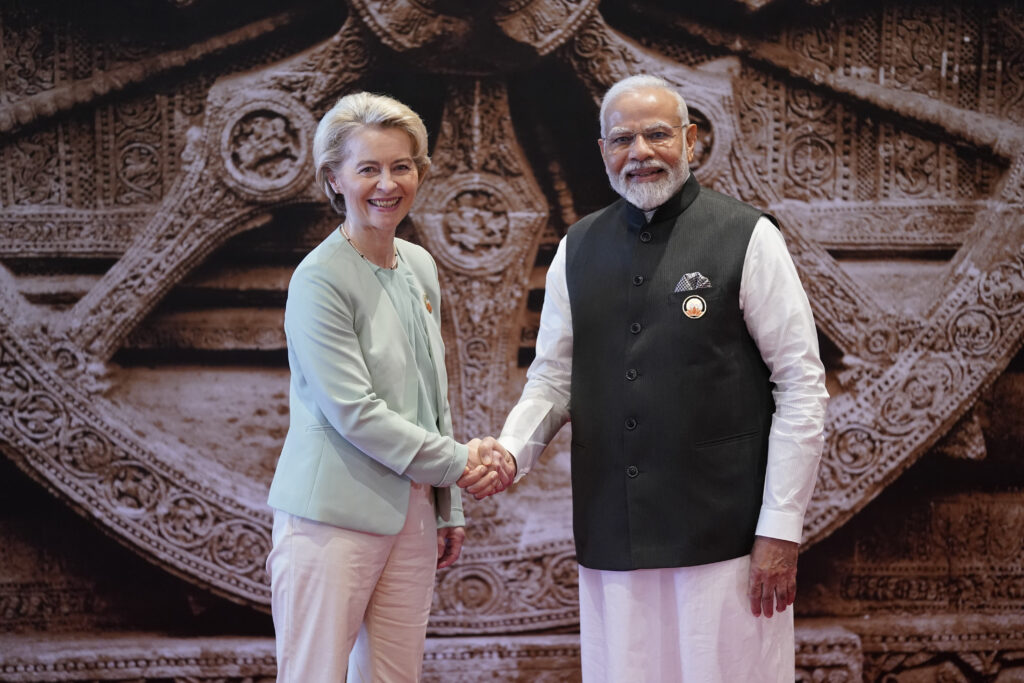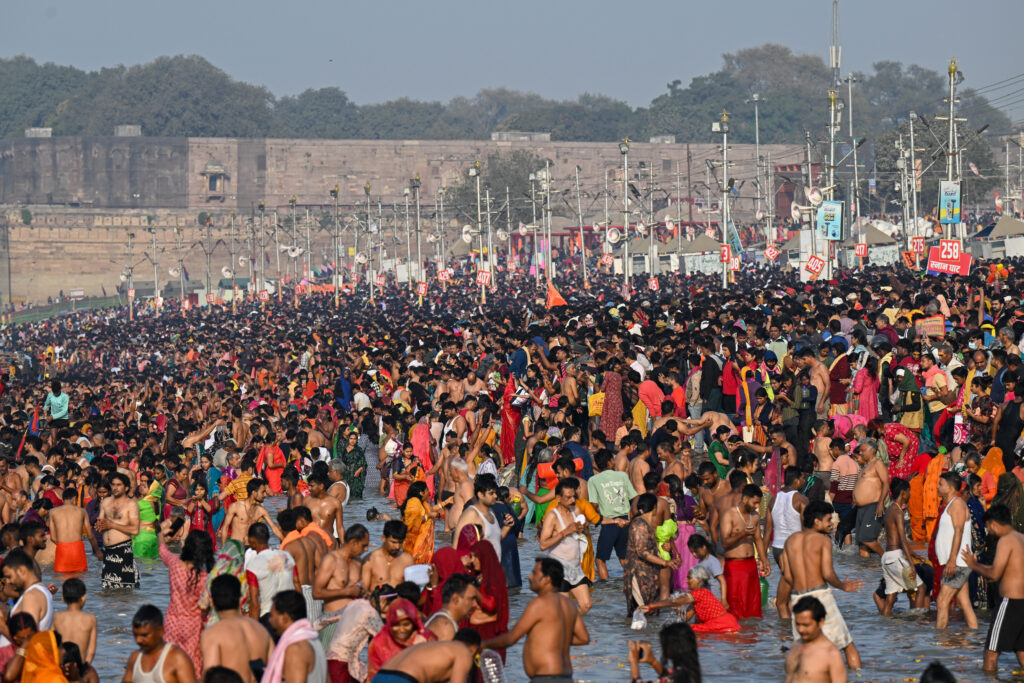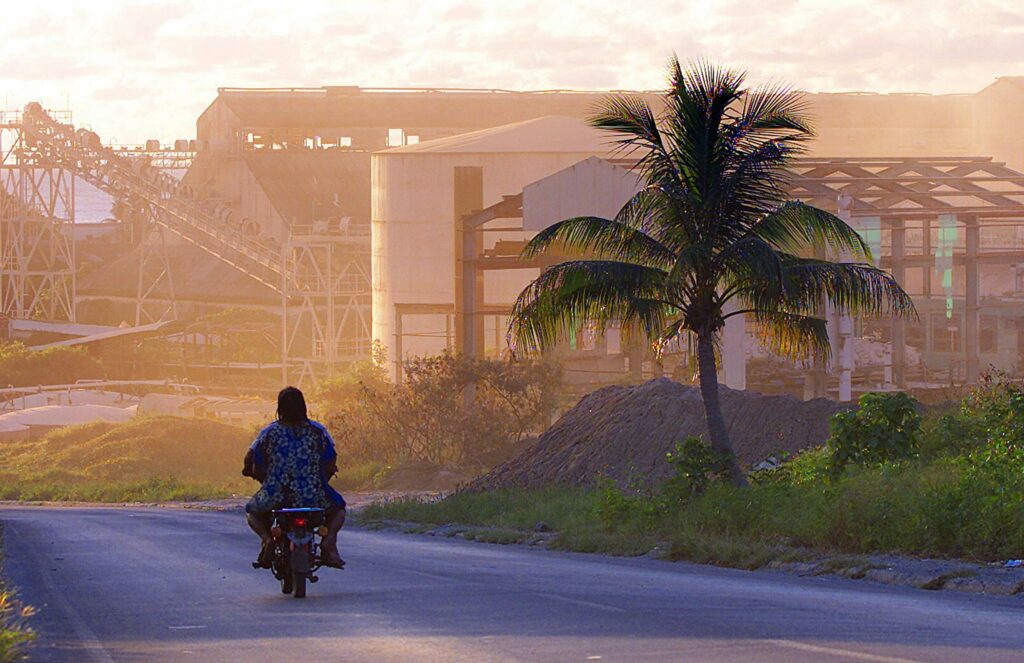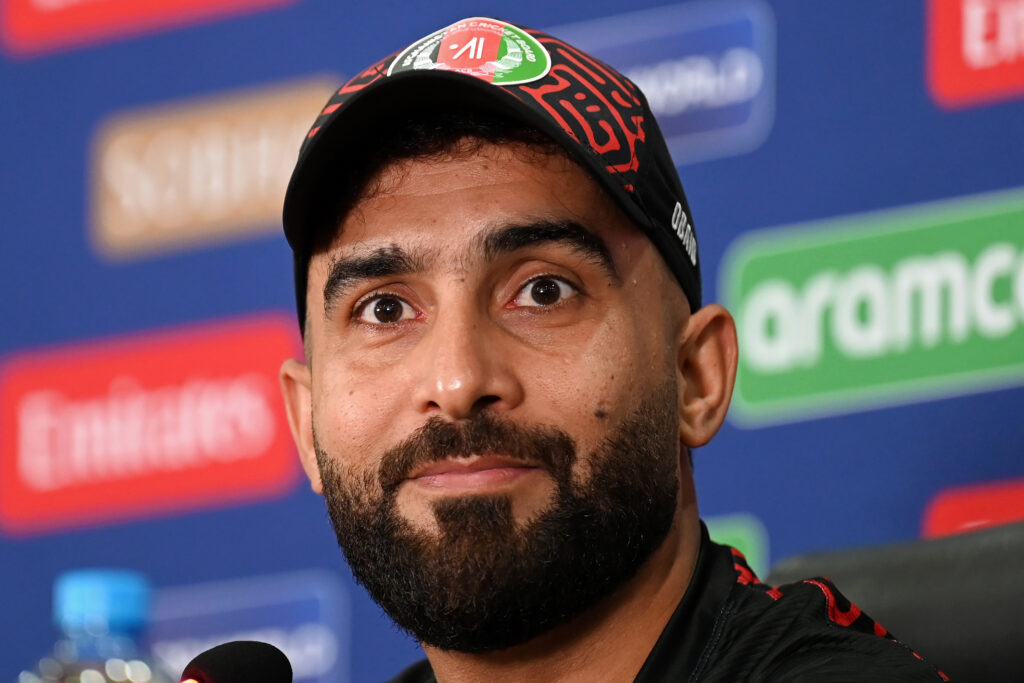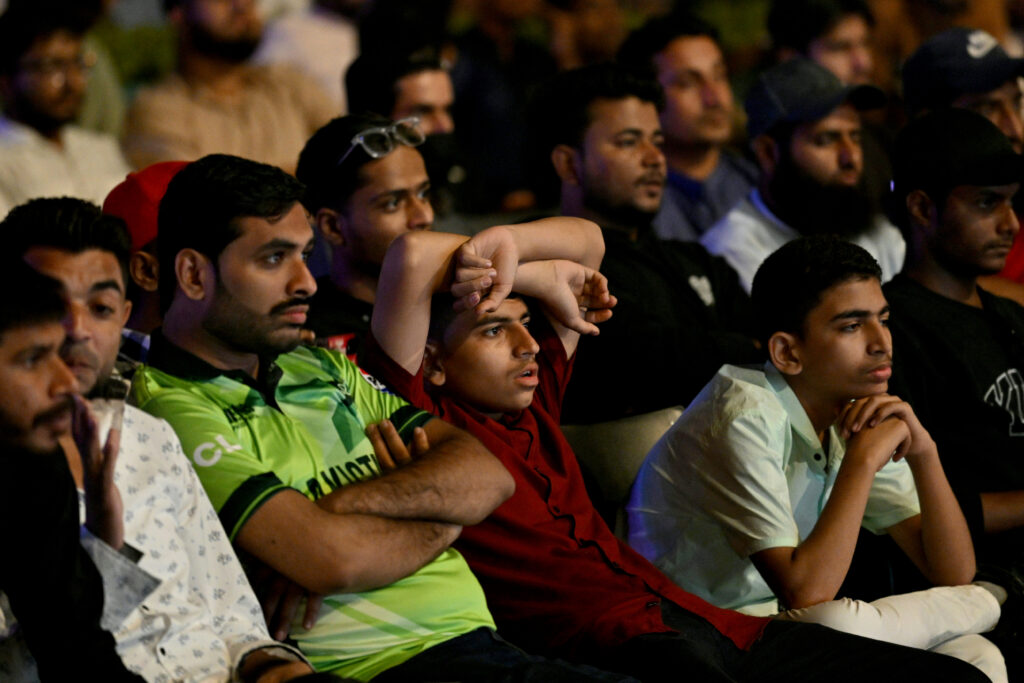Pride will drive Pakistan in Champions Trophy dead rubber: coach
Pakistan’s hurting players will be motivated by pride in their dead rubber against Bangladesh on Thursday, head coach Aaqib Javed said, after the hosts were dumped out of the Champions Trophy in the group stage.The defending champions’ hopes of reaching the semi-finals were ended after defeats to New Zealand and India, leaving their final Group A game in Rawalpindi inconsequential.Rain washed out the Australia-South Africa Group B match on Tuesday and more is predicted on Thursday, leaving Pakistan in danger of finishing fourth and last on net run-rate.Whatever happens it will be a disappointing conclusion to Pakistan’s first hosting of a major international cricket competition in three decades.”There are no excuses, there shouldn’t be any in life, but I can assure you that the players are more hurt than the fans and want to leave a mark in the last game,” said Aaqib on Wednesday.”The players are not satisfied, no one is satisfied after losing, but everyone tries hard to win and by doing so we have recently won a series in Australia and South Africa.”Pakistan beat Australia 2-1 in November — their first ODI series win there for 22 years — before whitewashing South Africa 3-0 in the build-up to the Champions Trophy.”This is the Champions Trophy, where the eight best teams are playing, so after two defeats we have to start from zero,” said Aaqib.”Every game is played for pride so we want to leave a mark on Thursday,” said Aaqib.Their Champions Trophy flop left former Pakistan players and fans angry over the continuous failure of the team, having also crashed out of the 2023 World Cup and Twenty20 World Cup last year both in the first round.Aaqib admitted losing to arch-rivals India left fans emotional.”People are more involved in an India-Pakistan match and they do not accept a defeat against India and that defeat in Dubai has left them more dejected,” said Aaqib.Pakistan were below par against a formidable India in Dubai on Sunday, losing by six wickets.”We managed just 241 in batting and when facing a strong batting line-up you attack in order to get wickets and in the process you bowl on both sides,” said Aaqib.A fast bowler himself, who played 22 Tests and 163 ODIs for Pakistan, Aaqib backed his struggling pace trio.”People blamed two, three players, which is not correct,” said Aaqib. “If you assess Shaheen (Afridi), Naseem (Shah) and Haris (Rauf), they are still the best bowlers in the world.”
